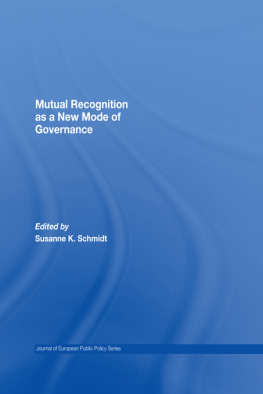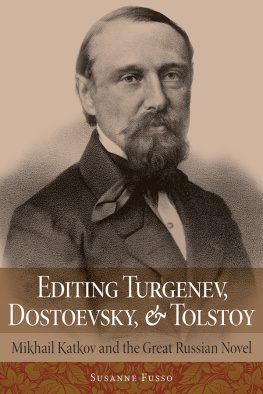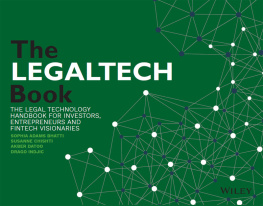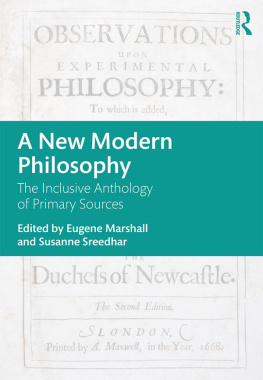Mutual Recognition as a New Mode of Governance
Mutual recognition is generally forgotten in debates about new modes of governance, even though it is a particular powerful example. Its invention was crucial for the completion of the European Unions single market, and in the late 1990s it was transferred to the field of Justice and Home Affairs.
Outside of the EU, mutual recognition is also gaining in importance. This book discusses mutual recognition in the context of the debate on new modes of governance and analyzes its potential to solve governance problems, focusing on the preconditions it needs for its functioning (e.g. trust of the Member states), the positive implications of achieving coordination through it, as well as its negative side effects (e.g. the danger of a regulatory race to the bottom). Particular focus is on the contentious services directive as a prominent example of using mutual recognition. In addition, contributions look at the application of mutual recognition in the market for goods, in the area of Justice and Home Affairs, in tax policy, and in the World Trade Organization, so that the book achieves a comprehensive assessment of mutual recognition as a new mode of governance.
This book was previously published as special issue of the Journal of European Public Policy.
Susanne K. Schmidt has worked widely on European integration and its impact on the Member states. Her articles have appeared in the Journal of European Public Policy (JEPP), the Journal of Public Policy, Politische Vierteljahresschrift (PVS) and the Zeitschrift fr Internationale Beziehungen. She is member of the editorial board of the Journal of European Public Policy.
Journal of European Public Policy Series
Series Editor: Jeremy Richardson is a Professor at Nuffield College, Oxford University
This series seeks to bring together some of the finest edited works on European Public Policy. Reprinting from Special Issues of the Journal of European Public Policy, the focus is on using a wide range of social sciences approaches, both qualitative and quantitative, to gain a comprehensive and definitive understanding of Public Policy in Europe.
Towards a Federal Europe
Edited by Alexander H. Trechsel
The Disparity of European Integration
Edited by Tanja A. Brzel
Cross-National Policy Convergence:
Causes Concepts and Empirical Findings
Edited by Christoph Knill
Civilian or Military Power?
European Foreign Policy in Perspective
Edited by Helene Sjursen
The European Union and the New Trade Politics
Edited by John Peterson and Alasdair R. Young
Comparative Studies of Policy Agendas
Edited by Frank R. Baumgartner, Christoffer Green-Pedersen and Bryan D. Jones
Innovations in Urban Politics
Edited by Jonathan S. Davies
The Constitutionalization of the European Union
Edited by Berthold Rittberger and Frank Schimmelfenig
Empirical and Theoretical Studies in EU Lobbying
Edited by David Coen
Mutual Recognition as a New Mode of Governance
Edited by Susanne K. Schmidt
First published 2008 by Routledge
2 Park Square, Milton Park, Abingdon, Oxon, OX14 4RN
Simultaneously published in the USA and Canada
by Routledge
270 Madison Avenue, New York, NY 10016
Routledge is an imprint of the Taylor & Francis Group, an informa business
2008 Edited by Susanne K. Schmidt
Typeset in Agaramond and Franklin Gothic by Techset Composition,
Salisbury, UK
Printed and bound in Great Britain by TJI Digital, Padstow, Cornwall
All rights reserved. No part of this book may be reprinted or reproduced or utilised in any form or by any electronic, mechanical, or other means, now known or hereafter invented, including photocopying and recording, or in any information storage or retrieval system, without permission in writing from the publishers.
British Library Cataloguing in Publication Data
A catalogue record for this book is available from the British Library
ISBN 10: 0-415-41853-4 (hbk)
ISBN 13: 978-0-415-41853-9 (hbk)
Susanne K. Schmidt
Introduction
Mutual recognition is generally not mentioned in debates about new modes of governance (Eberlein and Kerwer 2004; Hritier 2003; Scott and Trubek 2002). Yet, mutual recognition is the principle on which the single market is built. Stemming from an innovative interpretation of the freedom to trade goods in the Cassis judgment, it allowed the Community in the late 1980s to push the realization of the single market despite its incapability of agreeing on the harmonization of rules. Due to its novelty the idea being that goods being marketed according to the regulations of any member state could be marketed in principle in all other member states the principle of mutual recognition roused significant interest. Analyses were related particularly to the danger of a race to the bottom of regulatory standards (regulatory competition), which could occur if products marketed according to lower standards could be sold just as easily as more expensive, higher-standard ones (e.g. Gatsios and Seabright 1989). But as European integration progressed with monetary union, the addition of the second and third pillars, and three enlargement rounds, attention to these issues and the concomitant Treaty negotiations soon diverted interest from mutual recognition and the single market. Therefore, when the debate on the new modes of governance came up in the mid- to late 1990s particularly in relation to the need for economic policy co-ordination in view of monetary integration mutual recognition was no longer at the centre of attention. The most important of Europes institutional innovations is hardly mentioned any longer in the debates on the so-called new modes of governance (Joerges and Godt 2005: 95).
Why reconsider the principle of mutual recognition? Here it is useful to start by returning to the underlying distinction between government and governance. While the former implicates the potential for hierarchical steering, the discussion about the latter gained ground with the realization of how little gains from co-ordination and co-operation can be assured on an exclusive hierarchical basis. Domestically, states rely on the co-operation of various associations and other non-state actors (policy networks). Internationally, governance without government (Rosenau and Czempiel 1992) exposes the need for non-hierarchical solutions to co-ordination and co-operation needs. Mayntz points to three distinct uses of the term. Originally, governance was equated with governing. Then the term was used to indicate a new mode of governing that is distinct from the hierarchical control model, a more cooperative mode where state and non-state actors participate in mixed publicprivate networks (Mayntz 1998: 8). Governance now refers to different forms of social co-ordination, going back to Williamsons analysis of markets and hierarchies, and the extension of his typology to include other forms of co-ordination (Williamson 1985).
As with the definition of governance, there is little agreement as to what new modes of governance (NMG) are. New modes of governance, to start, are those that allow for the provision of governance functions in an innovative, but not yet established, way. Authors who attempt to positively characterize NMG generally emphasize that these new modes achieve governance functions in a less binding way (voluntariness), drawing in a wide range of relevant actors (inclusion). Thus, the legitimacy and effectiveness of political decisions is thought to be enhanced (Hritier 2003: 106). Topics much studied in the context of the debate on NMG are the open method of co-ordination (OMC), comitology, and independent regulatory authorities. Apparently, there is difficulty in distinguishing new modes of governance from governance. Moreover, while OMC has been new for the European Union (EU) and has proliferated into several policy fields, the way member states co-ordinate their policies via OMC is most similar to the non-binding co-ordination achieved in other international regimes such as the Organization for Economic Co-operation and Development (OECD) or the International Monetary Fund (IMF) (Schfer 2006). Similarly, independent regulatory authorities have been new in the context of the EU but are established in the US.













